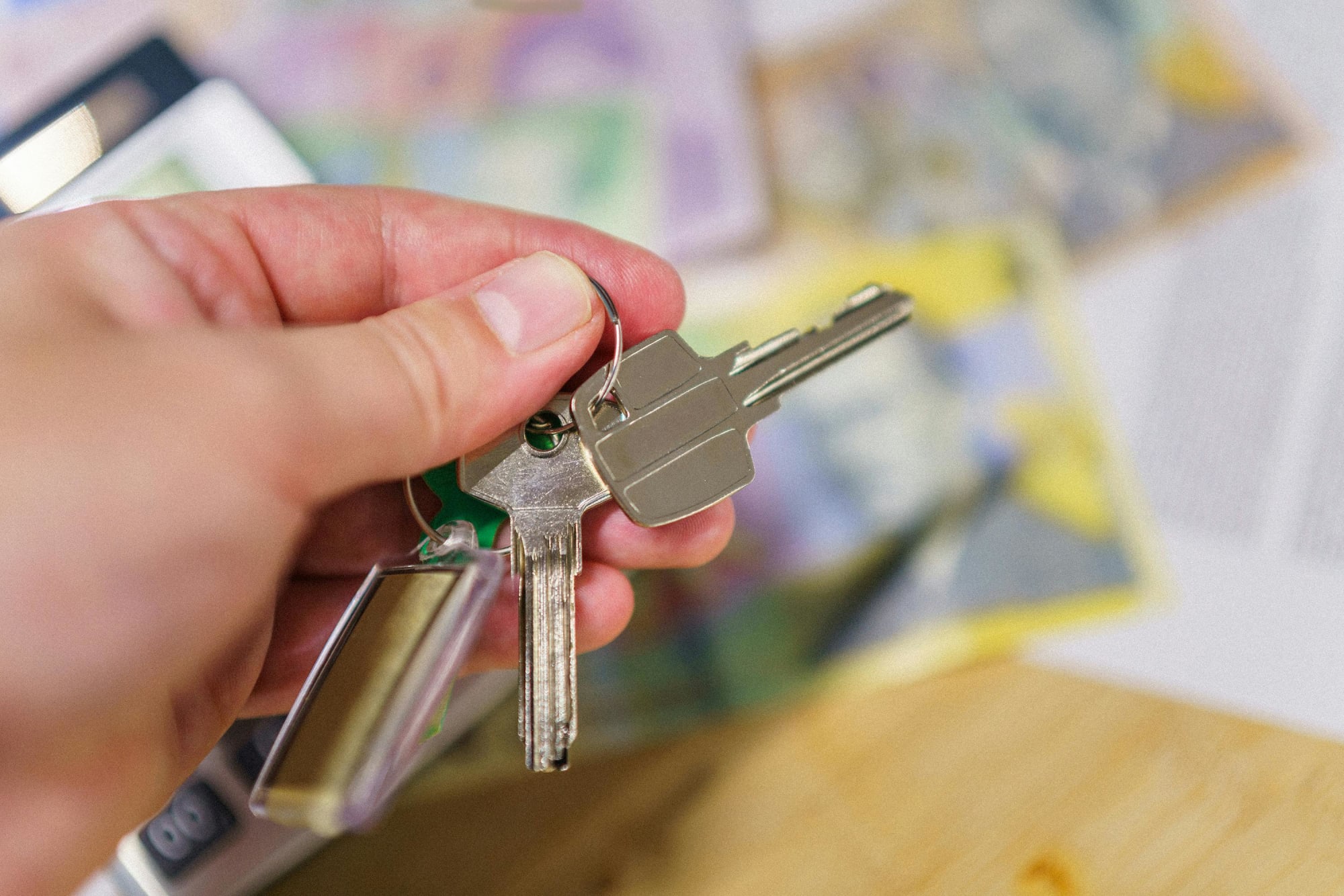When you’re planning a big purchase (a car or a house) or just need cash to help you through financial trouble, choosing the right type of loan is important.
There are two types of loans: secured and unsecured loan. The main difference between these types of loans is the presence or absence of a collateral, which is an asset that a lender accepts as security for a loan. It can be a car, a property, or other assets of value that are used to minimise the risk to the lender.
So simply put, a lender requires a borrower to offer collateral secured loan. In the event that the borrower is unable to repay the loan, the lender can use these assets to clear the outstanding balance, interest or fees.
Meanwhile, an unsecured loan does not require collateral, meaning that there is no security against the loan. In these types of loans, lenders focus on other financial aspects of the borrower to ensure that they are capable of repaying their loan (e.g. income, net worth, credit score etc)
To have a further understanding of these loans, we will discuss their features and break down their respective pros and cons.
What is a secured loan?
As the name suggests, a secured loan requires collateral. It means you are giving the lender a security that your loan will be repaid.
Usually, if you buy a car or a home using a secured loan, the item purchased can also be used as a collateral. For example, if you bought a property, the lender will hold the deed of the property until your mortgage is fully paid. If you are unable to pay back the loan, the lender has the right to seize the property and sell it and consequently, the borrower has given up the right of ownership over the house.
Other items or assets of value can be used to back a loan as well. According to Experian, here are some assets you can use as collateral for a secured loan:
- Bank accounts (checking accounts, savings accounts, CDs and money market accounts)
- Vehicles (cars, trucks, SUVs, motorcycles, boats etc)
- Stocks, mutual funds or bond investments
- Insurance policies, including life insurance
- High-end collectibles and other valuables (precious metals, antiques etc)
However, remember that the lender may take into consideration the age, location and attributes of the collateral and you may be required to provide details of the assets so the lender can determine its current and future value.
A secured loan is the most common loan taken out by people planning to borrow large amounts of money. The most common types of secured loans are car loans, and mortgages. There are also secured personal loans available in the market.
Pros of a secured loan
- Higher chance of loan application approval – When applying for a loan, banks and other lending institutions are generally more favourable towards borrowers who can present a collateral that has a value that can match the amount a borrower is intending to borrow.
- Low interest rates – Because of the lower risk to lenders, secured loans have lower interest rates compared to unsecured loans.
- Higher borrowing limits – Lenders usually set higher borrowing limits for secured loans compared to unsecured loans.
- A guarantor is not required – Because your collateral serves as your backer for your loan, your lender will not require you to present a guarantor or co-borrower in most applications. Remember that banks and lending institutions accept collateral as the only backup if it meets the criteria they set.
Cons of a secured loan
- Your assets can be seized in the event of a default – As mentioned, if you are unable to pay the loan or you default, you may be required to give up your assets or the item you purchased.
- Your collateral’s fair value needs to be bigger than your loan amount – Fair value refers to an asset's price determined and agreed upon by the seller and buyer. Your collateral needs to match the standards outlined by banks and lending institutions. If your property doesn’t meet the criteria or standards following their appraisal, you might need to provide another property to pledge. If not, your application will get rejected.
What is an unsecured loan?
An unsecured loan is not backed up by collateral. Lenders take on a higher risk by giving out this loan, because the borrower does not provide an asset of value to offset their losses in case of default.
To determine if you will be capable of repaying your loan, lenders will usually judge you on these C’s of credit:
- Character – This criteria refers to a loan applicant’s business acumen, reputation, credit history and track record to repay debt. This includes your credit score, employment history, and references
- Capacity –The lender will assess the borrower’s ability to repay the debt by reviewing several items including previous bank statements, other loans and cash flow.
- Capital – Lenders will look at the borrower’s overall financial position including your assets and liabilities, net worth, and liquidity.
- Conditions – This includes the terms of the loan, including the length of repayment, interest rates, frequency of repayment etc.
Examples of unsecured loans are credit cards, student loans, payday loans, line of credit loans and unsecured personal loans.
Advantages of unsecured loans
- You do not need collateral – You do not need to provide an asset of value to secure a loan. You can apply for loans as long as you qualify and have all the required documents.
- Good credit history and credit score are enough to secure a loan – For people who have high credit scores and are considered to be good borrowers (have a good history of repaying debt) will find it easy to secure this type of credit.
- Easy and fast loan application process – Because unsecured loans do not require collateral, you will not need to go through the appraisal process and wait for the lender to set a fair value for your property or asset. The application process for unsecured loans is easier, since you need to just submit your documents and wait if it’s approved or not.
- Immediate cash – If you are in need of money immediately, you will not need to look for collateral or process papers for your asset. For those who are looking for short-term and easy to access loans, unsecured loans are ideal.
Disadvantages of unsecured loans
- Higher interest rate – The convenience from unsecured loans usually comes with a high price. To reduce their exposure to risks due to the lack of collateral, banks and lending institutions charge high interest rates and have penalties for borrowers who violate terms and conditions.
- Can affect your credit history – Unsecured loans tend to have short terms and high interest rates, making it easy to fall behind payment. If you are unable to pay your loan on time or if you default, your credit record may be negatively affected, which in turn can affect your future loan applications.
- You will need to have a high credit score/good history – If you don’t have a good credit score or have several bad marks on your credit history, there is a high chance that your unsecured loan will be rejected.
Which is better: unsecured or secured loan?
As with many financial decisions, it will depend on your objectives, financial situation and your personal circumstances.
If you are looking to borrow a big amount of money and you want a long-term period of payment, choosing a secured loan may be the right option for you. If you are planning to buy a house, renovating your property or other big purchases, then secured loans may be suitable for you.
Meanwhile, if you need cash for monthly expenses, emergency medical bills or any other short-term expenditures, unsecured loans may be ideal. The faster process of unsecured lending may make it more suitable for those requiring quick access to funds. However, remember that you have to pay high interest rates, so make sure to have a game plan on how to pay it in a timely manner.
You also need to consider the requirements of each type of loan. For example, you think you have no item or asset of value, then you should try applying for unsecured loans.
Whether you’re planning to take out a secured or unsecured loan, make sure you have a plan on how you can pay off your debt. If you’re looking for strategies on how to efficiently manage your debt, explore nestegg today!










